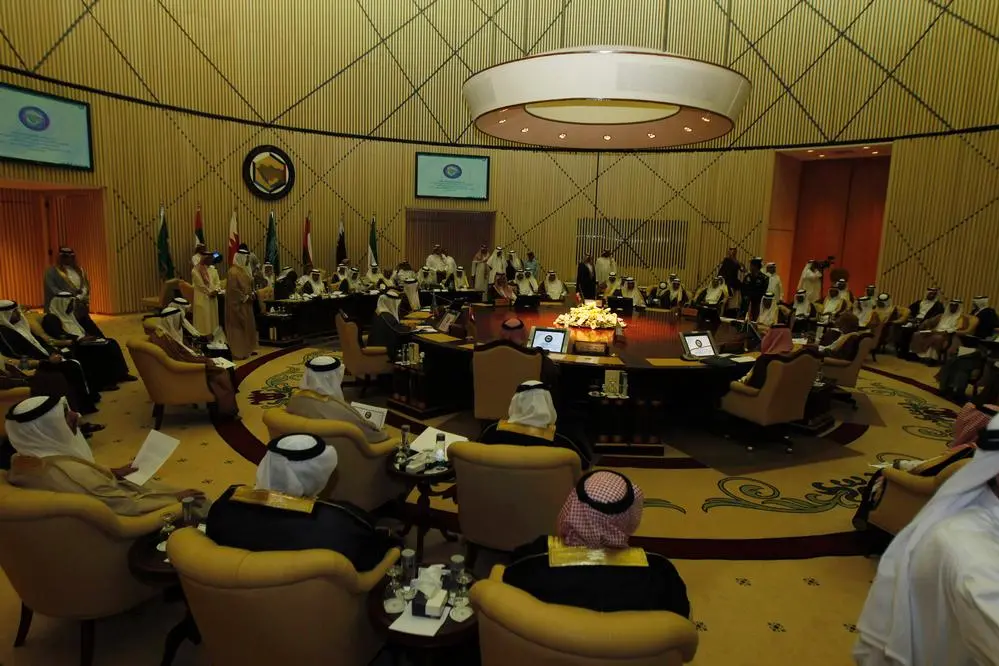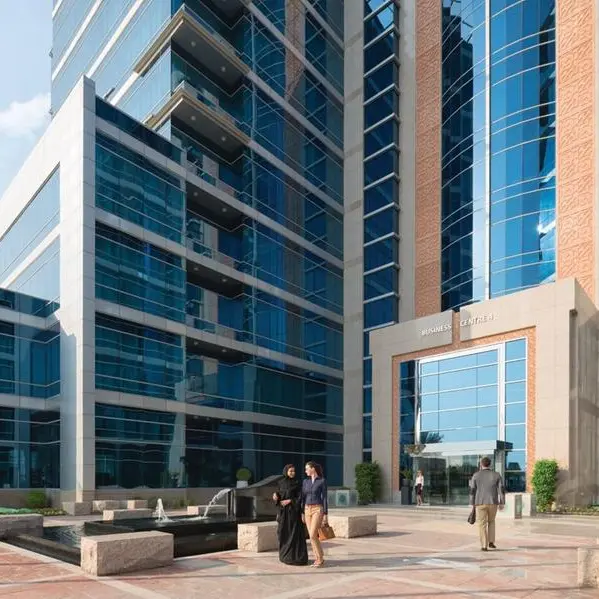PHOTO
Saturday, Jan 16, 2016
Dubai: The year 2016 started on a very sour note. China’s main stock market gauge shed nearly 10 per cent since the start of the year, Brent crude slipped below $30 per barrel mark, a level unseen since 2004, and analysts are even projecting of $20s sometime later in the year, and even gold, which is considered as safe haven, has gained only 3 per cent since the start of the year.
So, the moot questions is that are there any opportunities for investors in the Gulf to seek refuge in volatile times.
Analysts feel that local bonds in conventional as well as sukuk space could be an answer but that would come with very high risk in the backdrop of very low liquidity and the quality of assets in which money may go into. As far as returns are concerned, in 2015, the average return on local bonds was close to 2 per cent at a time when equities tumbled more than 15 per cent and Anita Yadav, Head of Fixed Income Research, Emirates NBD feels that spreads could widen further by 10-30 per cent in 2016.
“The returns does make the bonds looks attractive, however the investment is not without risk and volatility. As the liquidity in the region dries up, bond returns this year are likely to become uncertain. In regards to sukuk vs the conventional bonds, we don’t expect much differentiation,” Yadav told Gulf News.
Even Jaap Meijer, managing director at Arqaam Capital, agreed to that view.
“Spreads would widen and we don’t expect that to reverse. Interest rates increase in the US may not be as steep as expected but we think the spread would be on the rise for the next few years,” Meijer said.
But as government’s race to issue bonds to plug in the deficit gap, and falling deposit growth amid falling oil revenues, investors would expect a premium for taking increased risk in the region.
“2016 is likely to be an year of higher new supply as governments and Government related entities (GREs) tap public bond markets to fund budget deficits and capital expenditures respectively. Banking sector is also likely to pursue investors to raise capital amid falling deposit growth. In contrast, oil revenue related deposits are falling and access liquidity to invest in bonds is draining out of the local banking system, Yadav said.
Analysts say international demand for local GCC bonds is also likely to become less tepid as oil continue to fall and perception of increasing geopolitical risk in the region gain foothold.
“Both rising supply and falling demand do not augur well for stability of the bond prices, particularly in an environment of rising US rates,” Yadav said, adding Investors will expect a premium for the increased risk in the region. New bonds are likely to be priced at higher spreads and new issue premium is likely to be not insignificant, particularly as investors will seek to hedge against the rising US rates. Issuers will need to be willing to offer more if they desire to close the deals successfully,” Yadav said.
“That said, even after pocketing a wider margin, investors are unlikely to be insulated from risk this year as macro picture gets muddier with oil price rout, slowing global growth and falling emerging market currencies,” she added.
Jumpy investor base
“Most prevalent risks of today existed even in 2015. The year 2015 had begun with healthy appetite for bonds although cautiousness was evident as investors struggled with falling commodity prices and prepared for the first rate rise in the US post the GFC. In the first half of 2015, while liquidity in the GCC banking system was still abundant, demand for bonds was high and most deals closed oversubscribed though the situation took a turn for worse towards the close of the year. 2016 has opened with unease and a jumpy investors base. That said we are only two weeks in the year and sentiment in the financial markets can change frequently and materially,” Yadav said.
Meijer from Arqaam Capital advises investors to be more selective even as they like Basel 2 compliant bonds at the moment.
“The cost of the servicing of loans is going up, so provisioning would be higher, so there would be more non-performing loan formation, so the cost of risk would increase. There is nothing else you can do because equity markets are weak, real estate assets have slipped in value, so people are preferring to park their money in short duration liquid assets. It’s would be a tough year, and investors should be more selective,” said Meijer.
By Siddesh Suresh ?Mayenkar Staff Reporter
Gulf News 2016. All rights reserved.





















